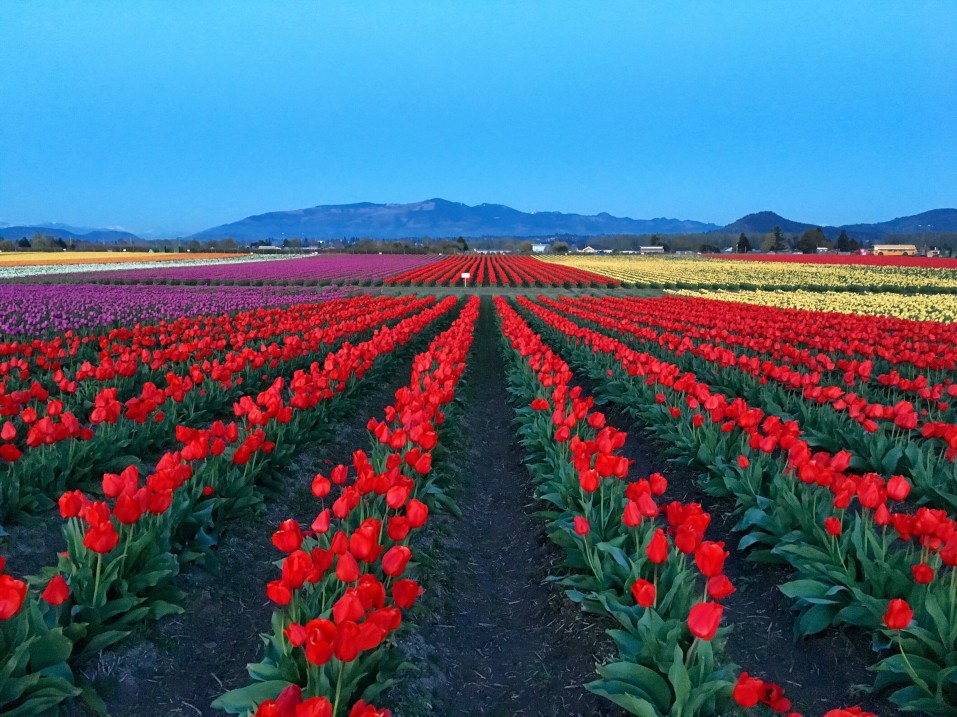The remnants of Tropical Storm Atsani is charging across the Pacific Ocean, on a collision course with the Pacific Northwest. Although Atsani lost all tropical characteristics days ago, the energy and moisture it collected are expected to arrive Friday in a two-day weather event.
The challenge in forecasting wind storms in western Washington is that the center of circulation’s location determines our region’s impact. If the storm passes to our north, close to the southern tip of Vancouver Island in British Columbia, we get the brunt of a wind event. If the storm passes to our south, up the Columbia River basin, Oregon receives the brunt of the wind. An error in the forecasted path of just 50 miles is the difference between a significant wind event and what we like to call “a nothing burger.”
Typically the computer models aren’t in agreement on the “where,” which is the case with the Friday forecast. The GFS model, which hasn’t been the most accurate for our winter weather, forecasts a significant, possibly historic wind event, with the storm passing over Vancouver Island. The Euro model, which was stellar a few years ago but has lost some accuracy, predicts Oregon will receive the most impact.
It is too far out with landfall still 72 hours away to narrow down the track, but here is what we do know. Forecast models put central pressure at landfall between 973 and 983 millibars – that is significantly more intense than Tropical Storm Eta when it crossed the Florida Keys. Barometric pressure this low is typically associated with Category I and Category II hurricanes (our November wind storms have nothing related to the mechanics of a tropical system, even if they are often the remnants of tropical systems).
Wave height forecasts for Friday and Saturday are, in a word, alarming. Some computer models forecast heights of 45 feet off the Oregon coast, with some models predicting higher than 50 feet.
What should you know? For central Puget Sound, there is growing potential for a significant weather event on Friday and Saturday. More specifically to the eastside, the chances for power loss, tree, and property damage is increasing and require a close watch. Along the coast, damaging waves that will cause low area flooding, erosion, and large debris to wash ashore and shift are likely, with the where being the bigger question. The Cascades can expect wind and mountain snow, and a lot of it. The storm track will determine the snow level, but anyone planning to cross the passes this weekend should consider leaving a day early.
Opening the new SH-520 bridge to relieve wind and wave stress is no longer required, and the latest design also prevents waves from over-topping the railings. Also, with reduced traffic in general due to COVID-19, regional travel shouldn’t be too challenging during the evening commute.
The weather model we prefer? That model shows the storm passing to our north but at the lower end of the strength forecast. We will continue to update this growing situation.
